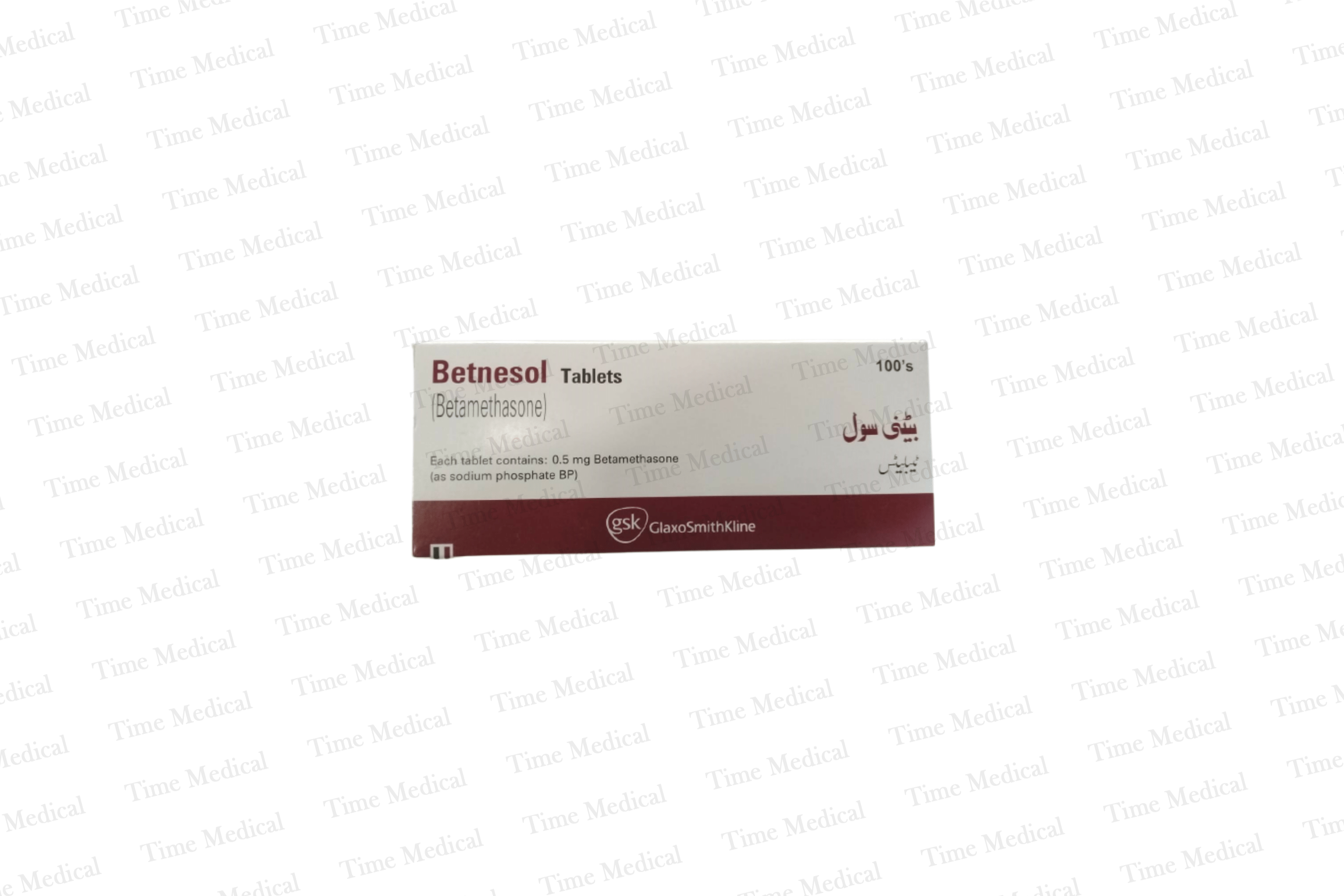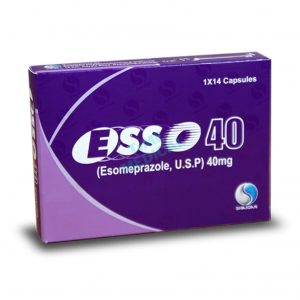Description
Indications
Betnesol Tablets is primarily indicated in conditions like Allergy, Asthma, Contact sensitivity reactions, Dermatitis, Discoid lupus erythematosus, Eczema, Inflammation, Insect bite reactions, Keloid scarring, Lichen planus, Localized bullous disorders, Neurodermatoses, Photosensitivity, Pretibial myxoedema, Pruritus, Psoriasis, Seborrheic dermatitis, Skin diseases, Strains.
Contraindication
Betnesol Tablets is contraindicated in conditions like Herpes simplex infections Acne vulgaris, Rosacea, Perioral dermatitis, Hypersensitivity,Napkin eruption,Perioral pruritus,Genital pruritus,Gravitational ulceration, Infestations,Skin lesions.
Side Effects
The severe or irreversible adverse effects of Betnesol Tablets, which give rise to further complications include Atrophy, Steroid purpura, Steroid purpura, Skin fragility, Angioedema, Perioral dermatitis. Betnesol Tablets produces potentially life-threatening effects which include Cushing’s syndrome, Diabetes, Hypertension, Growth suppression, which are responsible for the discontinuation of Betnesol Tablets therapy. The signs and Symptoms that are produced after the acute overdosage of Betnesol Tablets include Convulsions, Electrolyte imbalance, Abdominal distension. The symptomatic adverse reactions produced by Betnesol Tablets are more or less tolerable and if they become severe, they can be treated symptomatically, these include Vertigo, Headache, Diarrhea, Fever, Anxiety, Constipation, Abdominal pain, Sweating, Erythema, Hypotension, Arthralgia, Acne, Hypersensitivity reactions, Menstrual irregularity, Cataract, Hypertrichosis, Pigmentation, Superficial blood vessels dilatation, Local hypopigmentation, Superficial blood vessels thinning, Peptic ulcer, Skin thinning, Subcutaneous atrophy, ocular changes.
Warnings
Betnesol Tablets should be used with caution in patients with active tuberculosis infection of respiratory tract or in untreated fungal, bacterial or systemic viral infections. Corticosteroids should only be used systemically with great caution in the presence of congestive heart failure (CHF), recent myocardial infraction (MI), hypertension, diabetes mellitus, epilepsy, glaucoma, hypothyroidism, liver failure, osteoporosis, peptic ulceration or renal impairment. Children may be at increase risk of some adverse effects, corticosteroid causes growth retardation and prolonged use is rarely justified. Passive immunization is recommended to non-immune patients who do come in contact with chickenpox or measles. Live vaccine should not be given to patients receiving high dose systemic corticosteroid therapy nor for atleast 3 months afterwards, killed vaccine or toxoids may be given, although the response may be attenuated. During prolong treatment with corticosteroids, patients should be examined regularly, sodium intake may need to be reduced and calcium and potassium supplement may be necessary. Patient should carry cards given full details of their corticosteroid therapy. Avoid use during pregnancy. Use nasal steroids with caution until healing has occurred. Long-term therapy should be avoided espacially in infants and children as adrenal suppression may occur.Care should be taken so that the prepation does not enter the eyes as glucoma may result. In secondary infected lesions antimicrobial therapy should be used in cases of spread of infection, topical steroid therapy, should be stopped. prolong aaplication on the face should be avoided.






Reviews
There are no reviews yet.